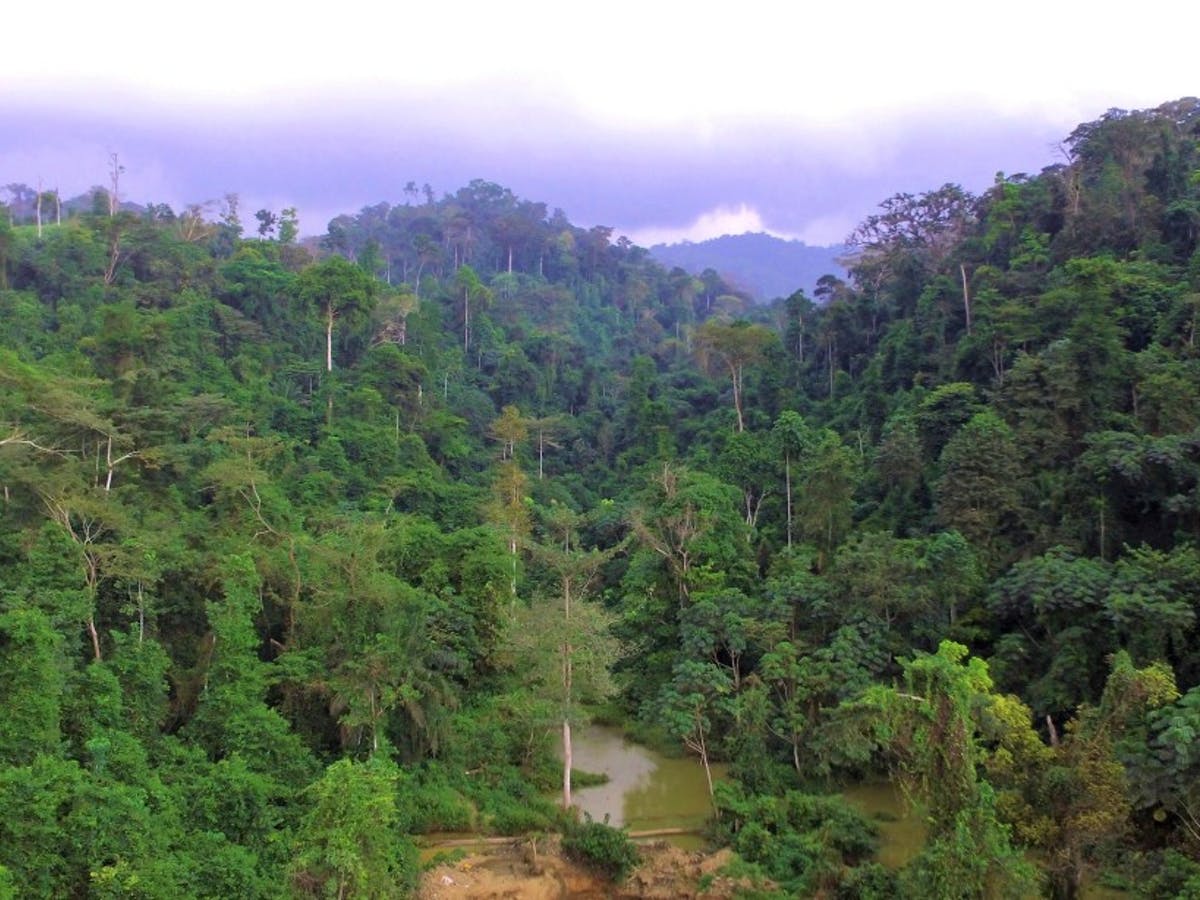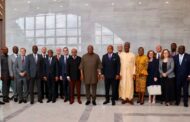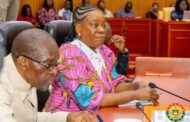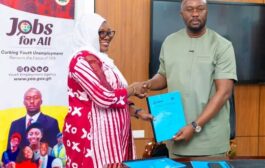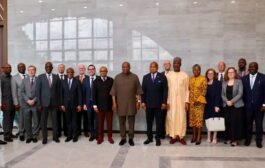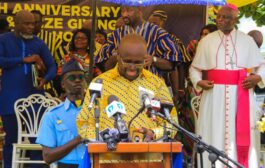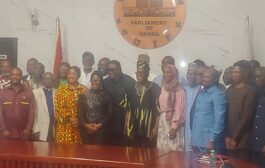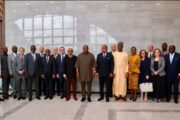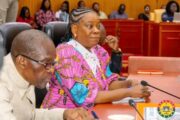The United Nations General Assembly in 2012 proclaimed March 21 as the International Day of Forests (IDF).
The day celebrates and raises awareness on the importance of all types of forests and trees around the world, and their contribution to the well-being of people i.e. both present and future generations.
The world is however losing forests and trees at an alarming rate of about 10 million hectares per annum; contributing to increasing greenhouse gas emissions, and exacerbating climate change scenarios and impacts.
This poses major threats to livelihoods, especially in developing countries, as well as production/supply and consumption chains that largely depend on forests resources.
The theme for this year’s International Day of Forests i.e. “Forests and Sustainable Production and Consumption” heightens sustainable interconnections between forests, production, and consumption systems.
A statement issued by Boakye Twumasi Ankra Project Manager – Tropenbos Ghana, Tropenbos Ghana outlines the importance, and interdependence between local communities and forests, and the need to minimize actions destructive to forests and trees resources, while enhancing efforts to restore, and improve forest conditions in Ghana.
According to Tropenbos Ghana, Forest Values, Threats, and Recommendations Forest ecosystems by their nature and form provide critical ecosystem services; including that, they that is home to about 80% of the world’s terrestrial biodiversity with more than 60,000 tree species, improve soil fertility through nutrient fixing, and climate rationing.
Specifically, in Ghana, forests and trees are of numerous values including the provision of timber and non-timber products (e.g. medicine, bushmeat, mushrooms, snails, etc.) for both businesses and households.
Despite all these priceless ecological, economic, social, and health benefits, deforestation in Ghana continues at an alarming rate owing to imbalances between forest protection and our quest for increased productivity e.g. expansion of cocoa into forest lands, etc.
Tropenbos Ghana, therefore, sees the theme for this year’s celebration “Forests and Sustainable Production and Consumption” as timely, and calls on all stakeholders to take immediate steps to balance the country’s need for essential forest services with the extent of damage caused by our dependence on forest resources. We believe this will secure forests and the services derived from them.
Tropenbos Ghana, therefore, recommends that, in cocoa-forest landscapes, Ghana COCOBOD and Licensed Cocoa Buying Companies should speed up processes for production, trade, and consumption of legal and sustainable cocoa only.
Evidence shows that ready the market for unsustainable/illegally produced cocoa serve the motivation for sustained and further encroachment into forest lands for cocoa production.
Sourcing cocoa from sustainable and legal sources only will serve as a disincentive for encroaching on forests lands for cocoa production. This however should be complemented by addressing other factors e.g. illegal logging, bushfires, illegal mining, etc. that threatens forest and associated resources.
Local and International Chocolate Producers and Consumers should pay more for Sustainably Produced Cocoa: Admittedly, sustainable cocoa production practices including intensification and climate-smart practices are relatively expensive compared to conventional practices.
To incentivize and sustain farmers’ interest in sustainable cocoa practices, companies must invest in sustainable practices including the provision of technical and financial support to enhance farmer and farm wellbeing.
The statement said, generally, Stakeholders should adopt an Integrated/Landscape Approach to minimize the incidence of Wildfires in Forested Areas: Over the past half-century, wildfires have ravaged major forest reserves in Ghana, and in some cases, it has become a norm. This is mainly due to a lack of responsibility among institutions, and limited scale approaches wildfire management.
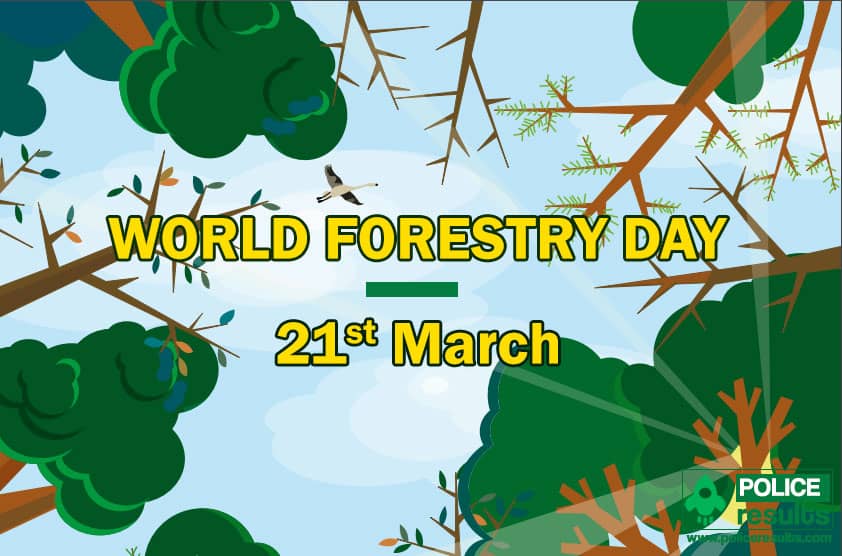
Stakeholders including the Forestry Commission, Ghana National Fire Service, Ministry of Food and Agriculture, Ghana Police Service, Traditional Authorities, Municipal & District Assembles, Communities and Private should inclusively and collaboratively design and adopt effective and efficient wildfire management approaches. Such an approach should look beyond boundaries and sectors with the clearly defined institutional mandate, roles, and collaborative responsibilities.
Sanctions Regime for Forest Offences should be more Deterrent, and Enforceable
Sanctions for forest-related offenses including illegal logging, encroachment for farming, poaching, etc. should be reformed to make them more punitive and enforceable. Such punitive sanctions should come with enhanced institutional capacity (e.g. Forestry Commission, Ghana Police Service, etc.) for effective enforcement and/or compliance.
Reform Tree Tenure to Secure Farmers Ownership, Benefits, and Interest in Tree
Resources: Farmers have a crucial role and responsively over tree management in off-reserve areas, yet they benefit less from nurtured trees. The status quo i.e. naturally occurring trees vested in the state must be reformed with improved farmers’ ownership and benefits. This will rekindle farmers’ interest in improving tree cover including both planted and naturally occurring.
Moreover, the Forestry Commission and relevant stakeholders should fast-track processes for the registration of planted trees to secure farmers’ ownership and interest in tree resources.
Enhanced Awareness Creation on Sustainable Forest Practices: Most people are aware of the importance of forests, but have limited options to reduce or curb actions that threaten the integrity of forests and tree resources. It is imperative for the Forestry Commission, CSOs, Traditional Authorities, and CBOs to continuously raise awareness on sustainable forest resource use and management as a collective responsibility.
“We can sustainably consume from the forests with a strict balance between commodities and services derived from forests”
Source: Mybrytfmnewsroom.com/Obed Ansah



